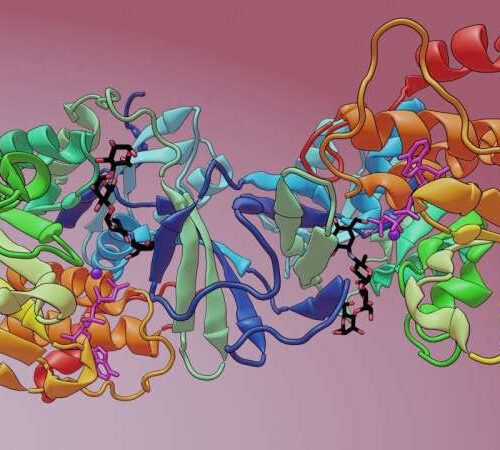by Princeton University Princeton University researchers discovered that microbes living in the human digestive tract can inactivate the antidiabetic drug acarbose, which may affect the drug’s efficacy in patients and impact on the microbiome. By tracing the mechanism, the team identified a new microbiome-encoded enzyme, called Mak1, that modifies acarbose, causing its inactivation. This diagram depicts...
Tag: <span>antidiabetic drug</span>
Antidiabetic drug causes double the weight loss of competitor
by Marcene Robinson, University at Buffalo Credit: Unsplash/CC0 Public Domain Patients with Type 2 diabetes who were prescribed SGLT2 inhibitors lost more weight than patients who received GLP-1 receptor agonists, according to a University at Buffalo-led study. The research, which sought to evaluate the difference in weight loss caused by the antidiabetic medications—both of which work to control blood sugar...
HIV: An antidiabetic drug to reduce chronic inflammation
UNIVERSITY OF MONTREAL HOSPITAL RESEARCH CENTRE (CRCHUM) Metformin, a drug used to treat type-2 diabetes, could help reduce chronic inflammation in people living with HIV (PLWH) who are being treated with antiretroviral therapy (ART), according to researchers at the University of Montreal Hospital Research Centre (CRCHUM). Although ART has helped improved the health of PLWH,...


